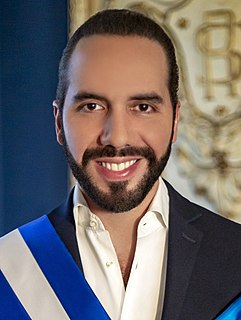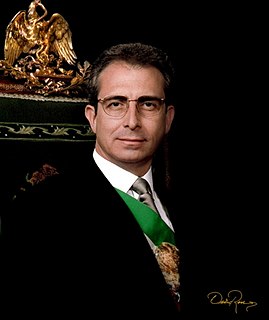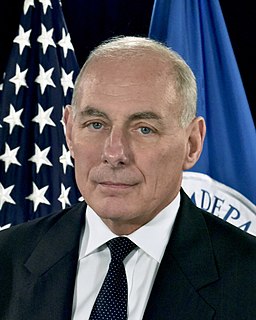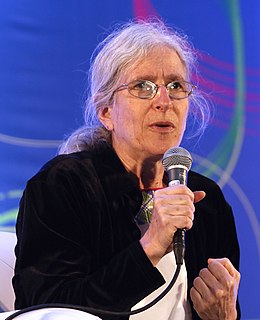A Quote by Nayib Bukele
If the U.S. government is serious about fighting irregular migration, it should support and encourage legal migration.
Related Quotes
Authorities that erect major obstacles to migration - or place severe restrictions on migrants' work opportunities - inflict needless economic self-harm, as they impose barriers to having their labor needs met in an orderly, legal fashion. Worse still, they unintentionally encourage illegal migration.
Canada is lucky enough to be protected both by oceans and by a southern neighbor that is very careful about its migration and its borders. So, we don't have the irregular flow that Europe has been having to deal with. But because of that, people here have seen that welcoming people, helping them to integrate, is actually a tremendous benefit to local economies. It creates jobs, innovation and opportunity. One of the things that comes with that, though, is stemming the flow of irregular migration. But you can't just create barriers - you also have to work with the countries of origin.
Fortunately, both governments have been in favor of studying the Mexican migration problem in greater depth. For the first time, I think, we will have something scientifically sound that says something about this phenomenon. The study is ongoing, and I hope that, with a push from both of us, it will provide a sound basis for serious public discussion on the migration issue.
Some will say it isn't the government's job to manage who people meet and interact with, but there is clearly a lot it can and should do. It should offer communities much more support to manage demographic and cultural change, including investment in public services and additional housing stock in our migration hotspots.
I think a lot about race and the burdens of representation. There's an idea that because I'm writing a book set around the time of the Great Migration, and happen to be black, I'm trying to write a definitive account of the Great Migration, the so-called "black experience." That's not what I'm doing, and it can be frustrating.
You have a huge number of people who spend their time writing papers which show that migrants pay more to the country than they take out in benefits, and they say, "Why don't you approve of migration? Why don't you open up borders?" They're not able to empathize with how people feel about migration.































